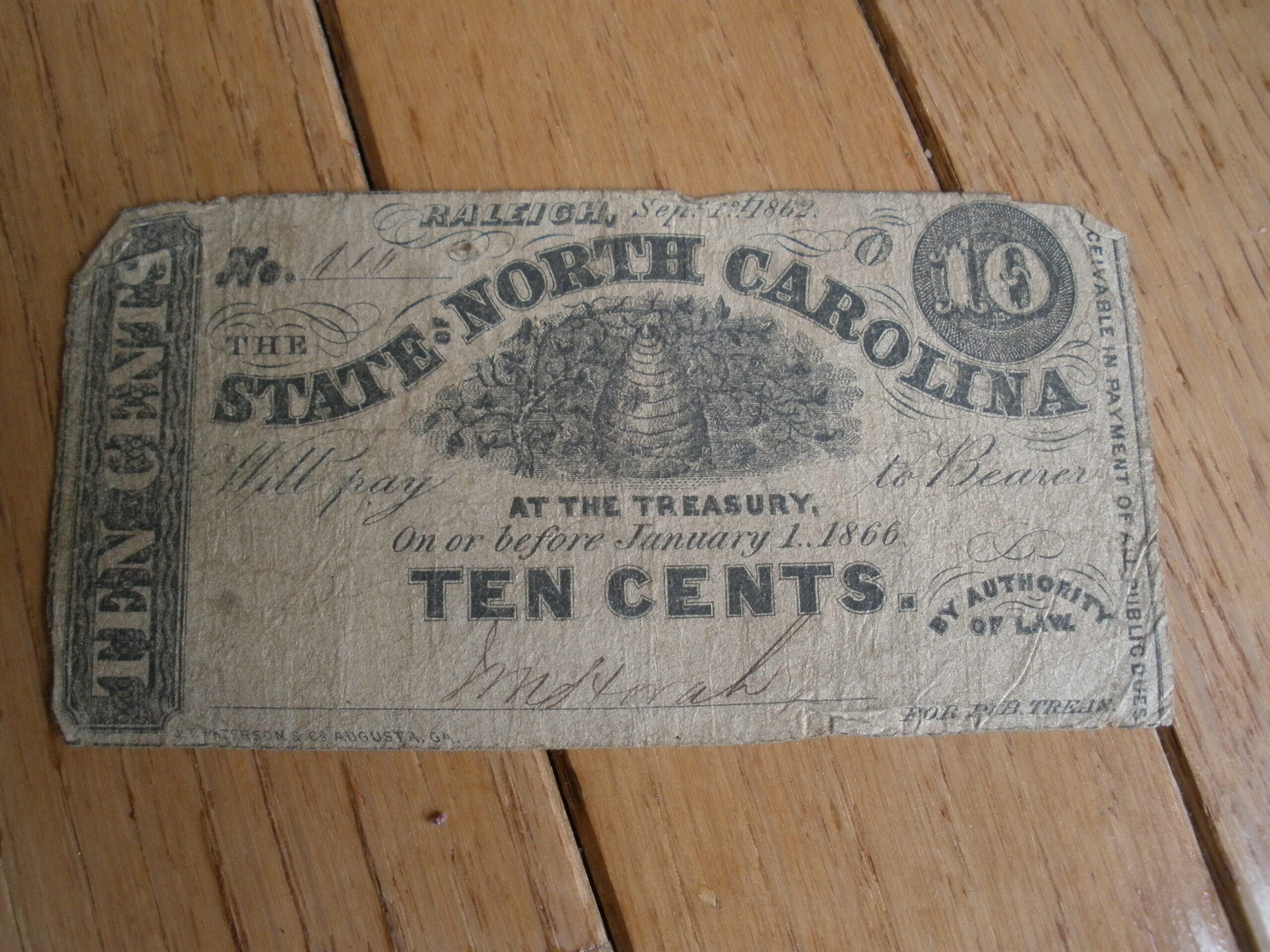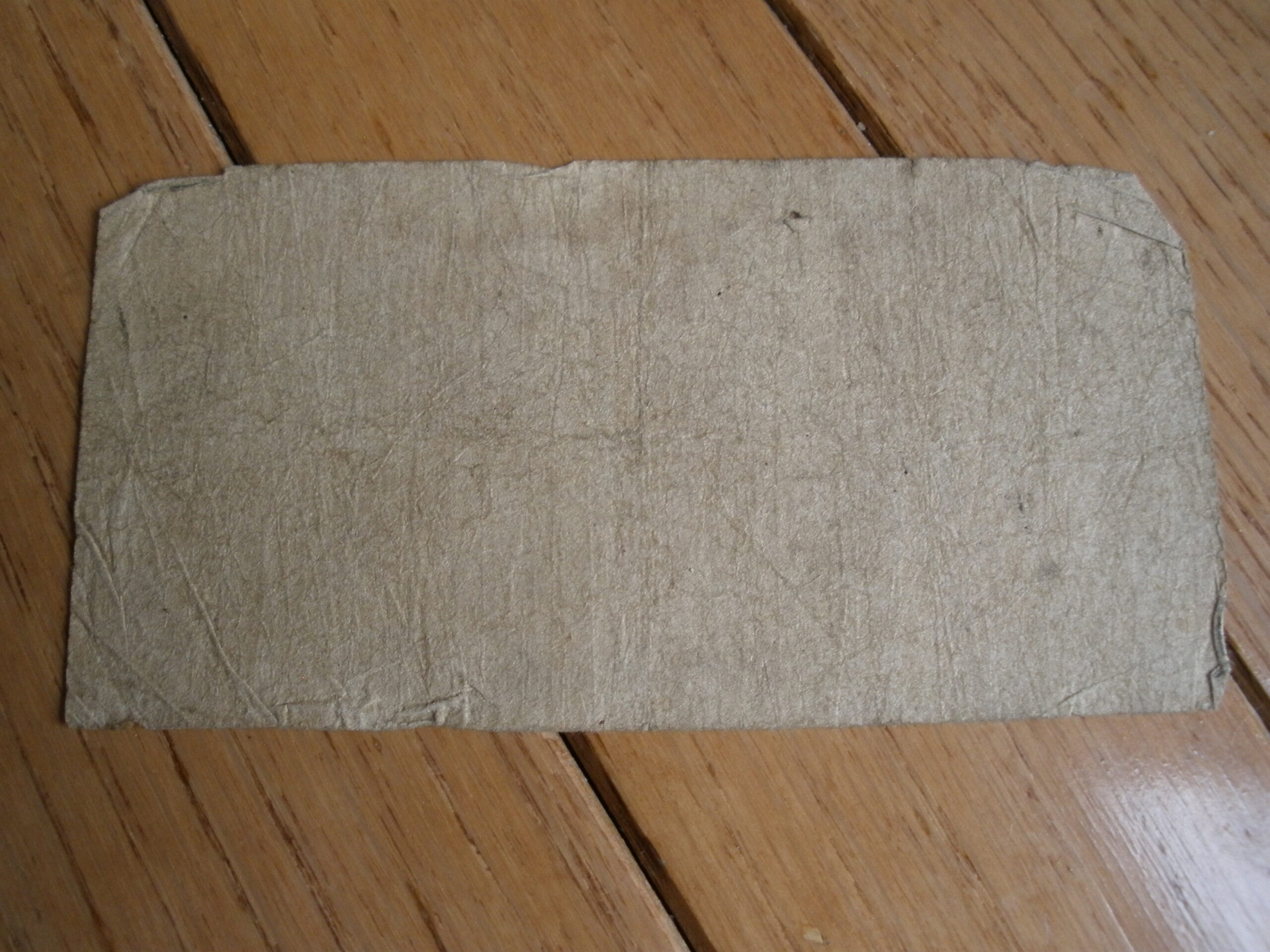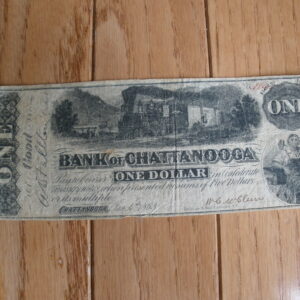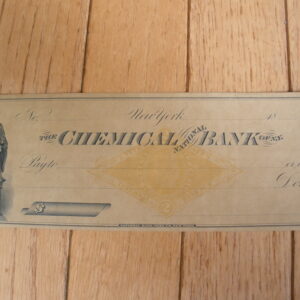For sale is a rare 1862 TEN CENT RALEIGH “BEE HIVE” FRACTIONAL CURRENCY NOTE from Raleigh, North Carolina. This fragile obsolete civil war era currency scrip is in great condition. This note features a detailed illustration of a bee hive. The bottom of the note is hand signed. The note’s serial number appears to be 111. The printing date is September, 1 1862, and would be paid by 1866. The note was printed by J.T. Paterson & Co. Augusta, Georgia. Note measures about 4 1/4 inches by 2 1/4 inches. A great historic collectible.
During the Civil War, the public became concerned that the warring governments would start issuing paper currency to pay the war debt and that paper notes would become worthless. Since circulating coinage contained an amount of metal almost equal to the face value of the coin, people very quickly began to hoard gold and silver coins. As a result, virtually every coin, including copper pennies, eventually disappeared from circulation. This coin shortage made it very hard for merchants and people in business to conduct transactions because they could not make change for the sale of their goods. Enterprising merchants began to issue private tokens made from brass and copper that were approximately the same size as the United States one-cent coin. They were known as “Civil War Tokens” and usually carried an advertisement for the issuing merchant. Other merchants began to use postage stamps to make change.
To pay for the war, the Confederate government issued a vast array of paper currencies. Making things even more confusing, state governments issued their own currencies — as did banks, insurance companies, and businesses. None of this paper money could be redeemed, or traded for, gold or silver — as was common in the early nineteenth century. The Confederate government had no gold or silver to make coins. Instead, Confederate paper money was like a loan — a promissory note or promise to pay at a later time. At the start of the war, when southerners expected to win the war, they were willing to trust that their paper dollars would continue to hold value. But as the South started to slide towards defeat, they lost faith in not only their chances of victory but their money as well.






